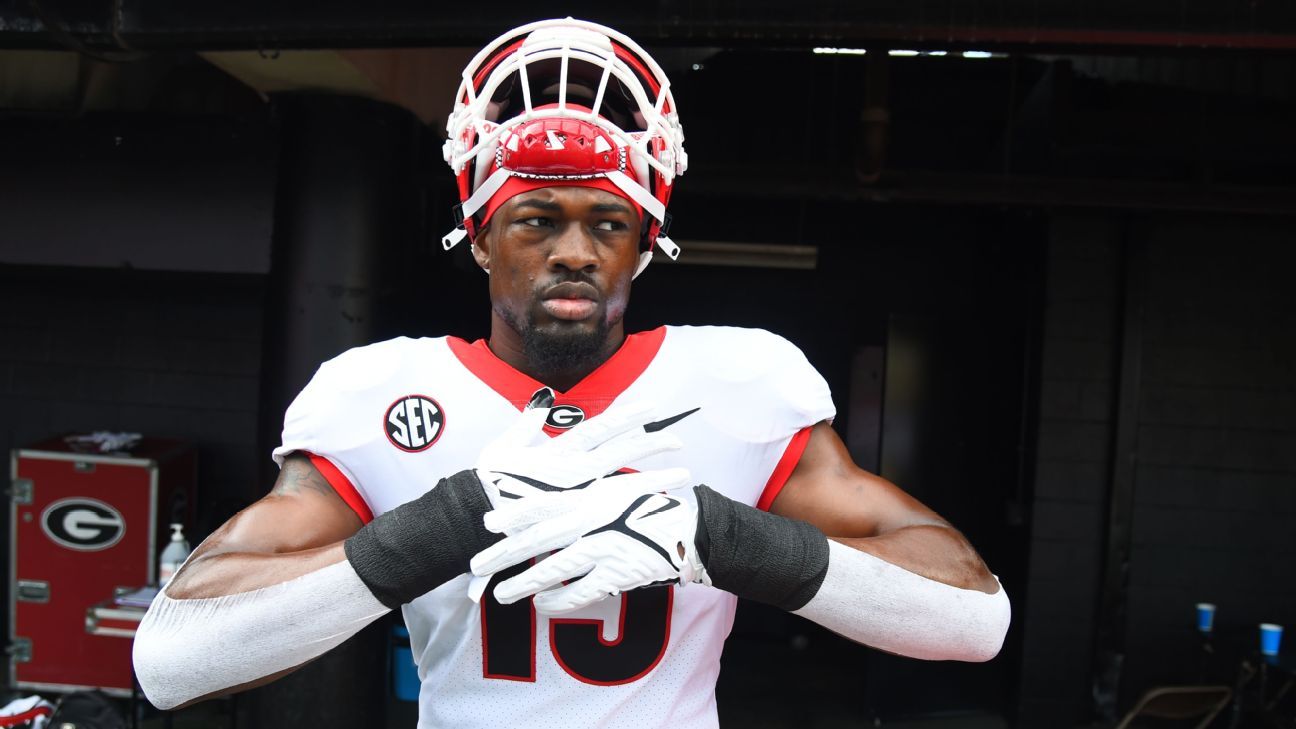Are you new to this? The one sided aspect is pretty much how these things always go at the start of the process in sex crimes, and in many other crimes. When an arrest is made, or charges are filed, the only thing available to the reporters is the arrest warrant or the court filing by the DA. So that's usually about 95% of the story. The defense attorney is usually the only individual that speaks for the accused, and portions of the statement released by or made by the defense attorney are included in the article that the OP linked. The accused rarely speaks, either because they are in jail or because their defense attorney informs them not to speak to anyone without the permission of the defense attorney.
Good reporters like to get both sides of a story when writing an article. Unfortunately, that's almost impossible to do in the early stages of accusations or charges of a sexual crime. Quite often, little to nothing is heard from the accused until they are brought into court to be charged, or a bond hearing is held, and then it's just simple "yes, your honor," or "no, your honor" comments.
It appears that Anderson will not get a bond hearing for some indefinite time. I believe he's going before a magistrate judge this morning for a formal charging. The magistrate judge does not have the authority to grant bond in a rape case (Georgia law).
Once the case has been assigned a judge, and a hearing date has been set, then the accused's attorney can, if they choose, petition for bond in Superior Court. The only exception is if the prosecution consents to bond.
If/when this case gets to trial, then the accused's lawyer can make their case, and the accused will have the right to take the stand if they so desire.
At this point in the process, despite what you have claimed, the accused has not been denied any constitutional rights. In addition, none of the media covering the case, the police investigating the case, or the prosecution attorney(s) bringing the charges have, as far as I can tell, done anything to deny the accused their constitutional rights.
